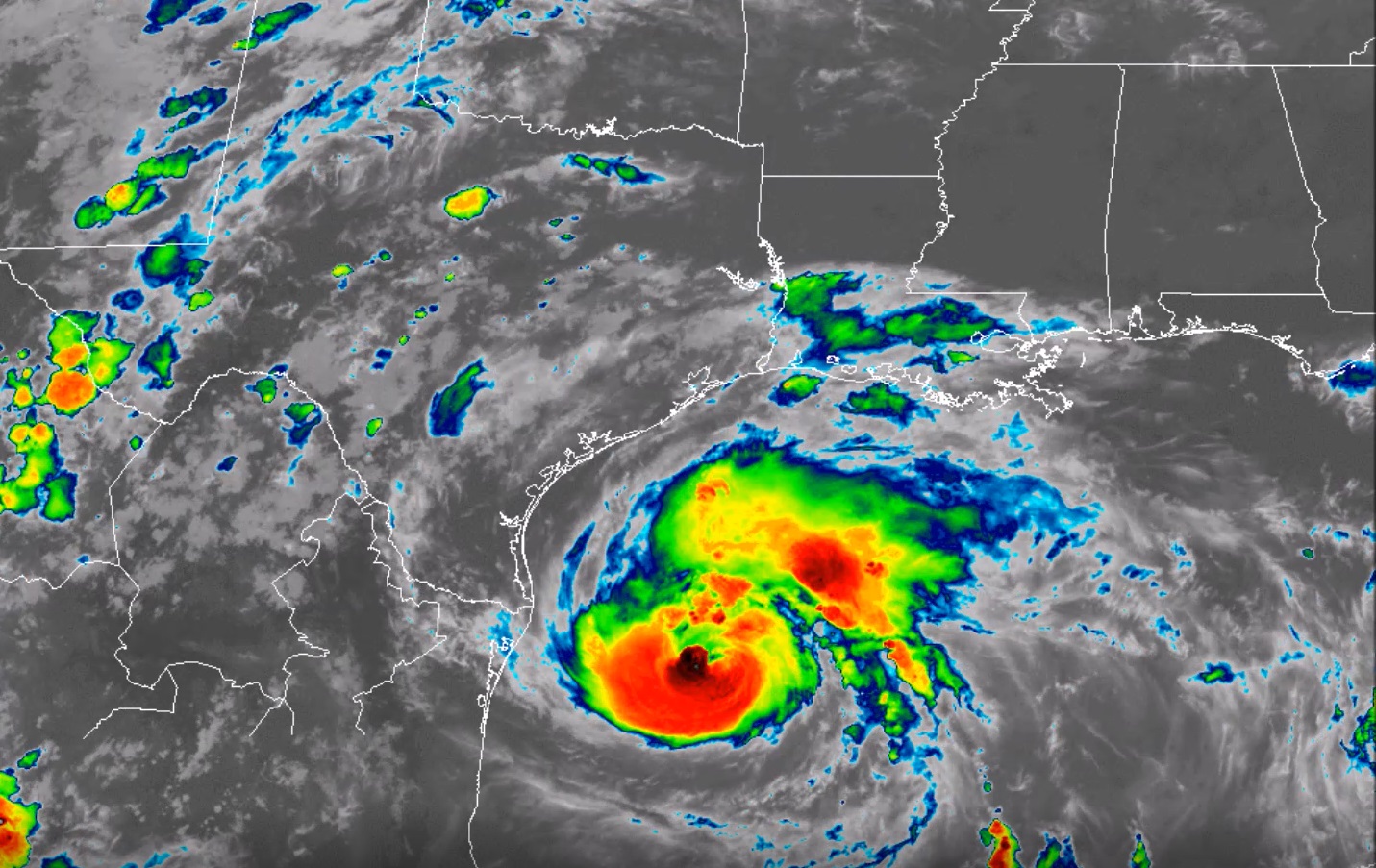CURRENT FUNDED PROJECTS
Enabling the Next Generation of Hazards Researchers
Tom Cova, Sara Grineski, Tim Collins, Terri Norton
The Enabling Program is a National Science Foundation-supported initiative aimed at developing junior faculty to become excellent scholars in their individual disciplines as well as in the broader hazards and disasters research community. The aims of the program are to:
- foster the development of a diverse next generation of scholars with a career-long commitment to research on hazards, risk, and disasters;
- contribute to the nation’s future research capacity and infrastructure in these areas; and
- add important original scientific knowledge to the areas of hazards, risk, and disasters.
The Enabling Program is crucial to the advancement of knowledge in the interdisciplinary hazards, disasters, and risk field, which relies on a continuous influx of new scholars committed both to their own disciplines and to the theoretical and applied aspects of hazards, disasters, and risk. This is a unique combination. Through the mentoring process, the Enabling Program encourages a distinct form of scholarly development and builds commitment to the multi-disciplinary hazards and disaster field. It helps to develop and empower a cadre of researchers who can understand and address the complex interactions between the social, built, and natural environment associated with hazards. By explicitly encouraging multi- and inter-disciplinary education and training concerning the study of hazards and disasters, the program assists early-career researchers in enhanced research quality and outputs.
Funding Source: National Science Foundation
Trajectories of social vulnerability among Houston area households: A pre- and post- event study of Hurricane Harvey
Tim Collins, Jayajit Chakraborty, Sara Grineski
Hurricane Harvey hit the Houston, Texas, metropolitan area on 25 August, 2017 and
caused unprecedented damage. As of 4 September, 2017, estimates indicate that over
156,000 homes were destroyed and at least 60 people died. Preliminary loss estimates
suggest that impacts could well exceed $100 billion, making Harvey the costliest disaster
inU.S. history. This project examines underlying factors influencing Hurricane Harvey-induced
flood experiences, impacts, and short-term recovery across Houston area households.
The project leverages baseline data collected before Hurricane Harvey from a representative
sample of Houston area households regarding their vulnerability to hurricanes and
flooding, and involves the rapid collection of post-Harvey survey data from those
same households. By clarifying how pre-event factors shape households’ experiences,
impacts, and short-term recovery during and immediately following Hurricane Harvey,
the project provides new insights into determinants of human vulnerability to large-scale
natural disasters, which will be foundational to future efforts that seek to reduce
disaster vulnerability nationwide. The project extends societal benefits by enhancing
academic and public knowledge regarding the social consequences of extreme events
in general and the impacts caused by Hurricane Harvey more specifically, in addition
to
supporting education and diversity through the inclusion of student-trainees from
traditionally underrepresented groups in hazards/disasters research.
Funding Source: National Science Foundation
PAST FUNDED PROJECTS
We seek to sustain an externally funded, collaborative interdisciplinary research and student training program. Past funded projects have supported numerous students and much of our research productivity.
Examples of these projects include:
- A National Science Foundation(NSF) project analyzing environmental inequalities in human exposure to air pollution and flood hazards in Houston and Miami;
- An Environmental Protection Agency(EPA)project examining children’s vulnerability to climate change in the El Paso-Ciudad Juárez binational metro area;
- A National Institutes of Health(NIH)/EPAproject studying social and environmental determinants of respiratory health among El Paso children;
- A National Aeronautics and Space Administrationproject modeling the influence of climate change on respiratory health problems in Texas; and
- A NIH funded project implementing a suite of programs and activities through a multi-institution consortium with the aim to diversifying the biomedical science workforce in the US.
Through these projects and others, we have collaborated productively with coauthors and coinvestigators from a broad range of disciplinary backgrounds, including anthropology, biology, chemistry, computer science, criminology, economics, engineering, geology, geography, meteorology, pediatric neurology, physics, psychology, public health, sociology, and urban planning.

